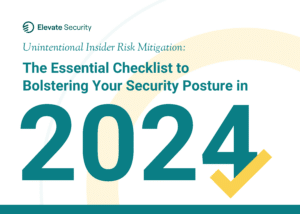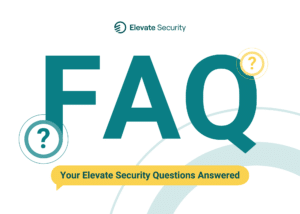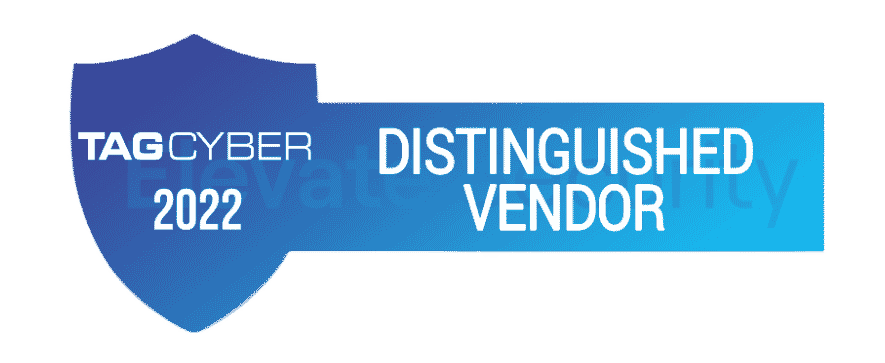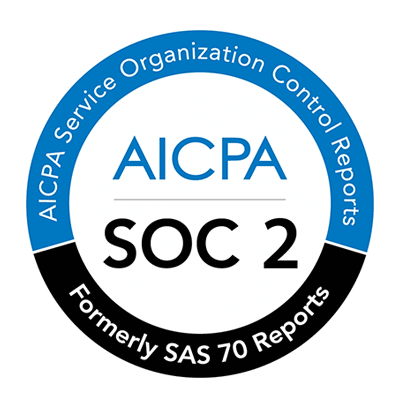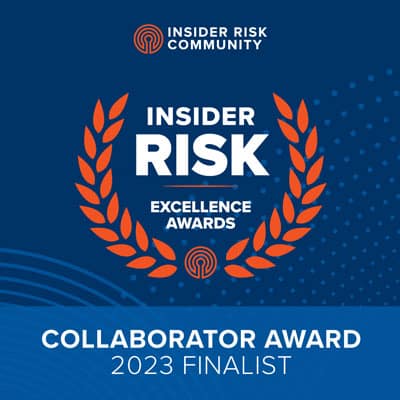
Today, data privacy and regulatory compliance are top priorities for businesses of all sizes and industries. Failure to comply with regulations such as the EU’s General Data Protection Regulation (GDPR), the Health Insurance Portability and Accountability Act (HIPAA), or the Payment Card Industry Data Security Standard (PCI DSS) can result in severe financial and reputational damage.
Compliance regulations like GDPR and PCI DSS are put in place to ensure organizations take the necessary precautions to safeguard sensitive information, including confidential customer data. Auditors now consider compliance risks when producing their opinions. And today’s consumers are hyper aware of their data privacy, making it more important now than ever to make certain your systems are compliant.
Here’s something you might not have known or considered before: one critical tool for achieving compliance and safeguarding data is identity management. In this article, we’ll explain the vital role of identity management in regulatory compliance and data privacy. Let’s begin.
What is Identity Management?
Identity management refers to the process of managing and controlling digital identities, such as users and associated accounts within a network or system. Encompassing the authentication, authorization, and governance of identities, identity management ensures:
- Users have the appropriate access to systems at the right time
- There is a centralized way to provide access privileges to individuals
- Security policies are enforced as needed with role-based access control
- There is a protocol in place to mitigate the risks of identity-related security breaches
- The maintenance of the confidentiality and integrity of sensitive data and information
A recent survey reports that 38% of respondents believe meeting compliance requirements is a top identity management challenge. But how does identity management tie into regulatory compliance and data privacy? Let’s take a quick look at some common challenges of meeting compliance requirements.
Compliance Regulations & Their Requirement Challenges
Companies often fall out of compliance with regulations when they don’t have the tools to meet regulatory requirements properly. Take the GDPR, for example. Chapter 4, Article 25 of the GDPR states:
“The controller shall implement appropriate technical and organisational measures for ensuring that, by default, only personal data which are necessary for each specific purpose of the processing are processed. That obligation applies to the amount of personal data collected, the extent of their processing, the period of their storage and their accessibility. In particular, such measures shall ensure that by default personal data are not made accessible without the individual’s intervention to an indefinite number of natural persons.”
In short, the GDPR requires that security measures are put in place to protect customer data. Meaning this sensitive data should never be accessed by an unauthorized person. Thus, without the proper identity management tools, organizations can fall out of compliance with the GDPR. As the GDPR is an EU regulation, any business doing business with individuals in the EU must be compliant or the organization is subject to costly legal penalties.
The Role Identity Management Plays in Ensuring Compliance with Regulations
The challenges of complying with these regulations often involve managing access to sensitive data, managing user identities and access, and detecting and responding to security incidents—all aspects of identity management!
Identity management helps organizations comply with regulatory requirements by providing comprehensive audit trails, user activity monitoring, and access certification. These features enable companies to track and report on who has access to sensitive data, when they accessed it, and what actions they took with the data.
Let’s take a look at another example. HIPAA states:
“Only employees that require access to protected health information to conduct their work duties should be granted access to PHI [protected health information].”
As the excerpt suggests, if an employee is terminated, that individual’s access to patient data must be eradicated. However, it’s often the case that managers will fail or simply forget to remove this employee’s historical access to these privileged accounts. This unwarranted access can lead to governance and compliance issues down the road, including potential security breaches.
With the right identity management protocols and supporting tools like Elevate Identity, organizations can:
- Add comprehensive user risk information that enriches traditional identity data and signals
- Gain 360° risk visibility during authentication, authorization, and access reviews
- Automate the creation of conditional access policies and assignments
- Ensure compliance with multiple regulations
➡️ Learn how to make smarter identity and access decisions by enforcing conditional access policies and reviews based on verified user risk behaviors—dive into Elevate Identity.
The Role Identity Management Plays in Protecting Sensitive Data
Organizations are increasingly collecting personal information and aggregating data from their customers. Because of this, there is a growing concern about the safety and confidentiality of this data (as shown in the regulatory rulings above).
Within the past few years (2021-2022), 84% of organizations experienced an identity-related security breach.
Supportive identity management tools like Elevate, help safeguard sensitive information by:
- Necessitating advanced authentication features based on user risk
- Automating and improving conditional access policies
- Offering real-time access evaluations based on threat signals and intelligent entitlement review workflows
➡️ Uncover the 4 steps to achieve smarter identity and access management—get the free infographic.
Final Thoughts
When compliance regulations and data privacy concerns call for improved data protection for the organization and its customers, it’s time for stronger identity management.
That’s why we built Elevate to work alongside identity and access management and identity governance and administration systems. With Elevate, context and insights are built through API integrations with core security technologies such as email security, endpoint, web gateways, and other tools, to generate high confidence risk signals based on user behavior and patterns of attacks.
Interested in learning more? Request a demo of our platform today!



